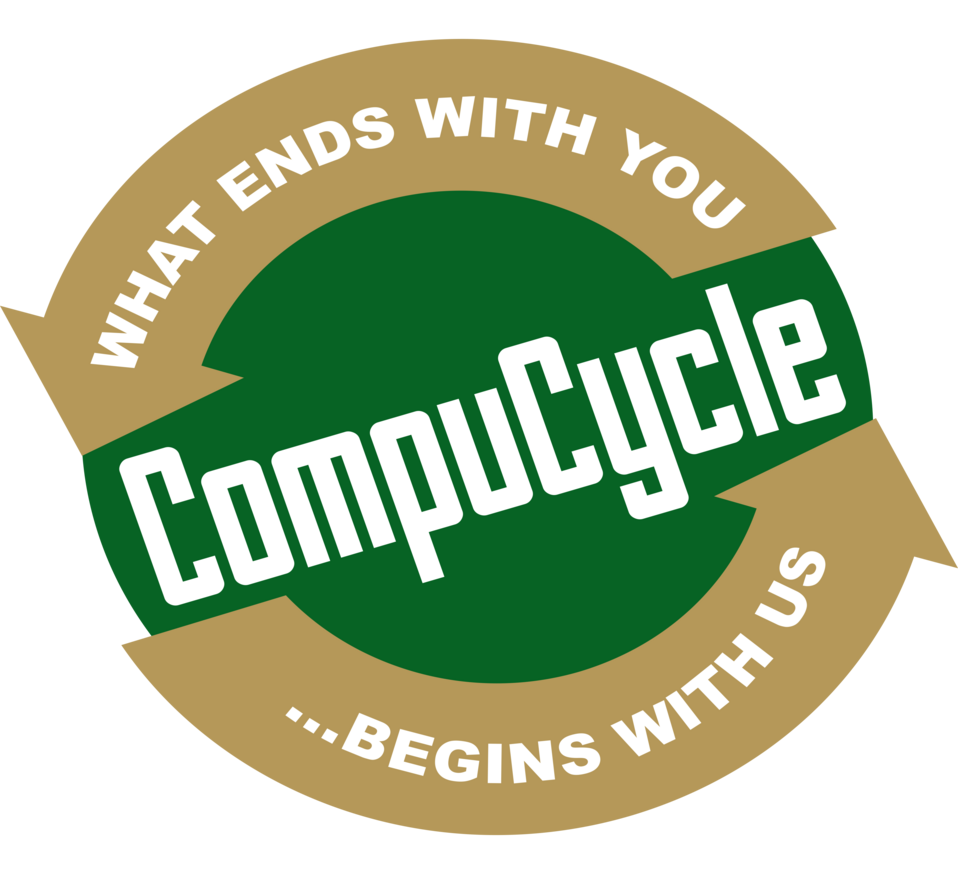
“The Basel Action Network (BAN) has issued a second report presenting information derived from its GPS tracking activities. As the first report from a year ago, this report names electronics recyclers and leaves the casual reader presuming each named recycler is complicit in illegal exporting (part of an “export chain,” as BAN puts it).
GPS trackers can be an effective tool for identifying potential wrongdoing that warrants further investigation. However, GPS trackers alone do not provide sufficient information to indict a recycler in the court of public opinion for complicity in illegal exports.
BAN knows this. Yet it ignores its own advice, as noted in its September 2016 report: “The presence of any particular company being listed as part of an ‘export chain’ by itself is not an indicator of irresponsible behaviour.”
It is not surprising that BAN bases its accusations solely on GPS tracking information. The resources it takes to go further and conduct a thorough investigation of a facility identified by a tracker are substantial. And yet this is the only way to determine the degree of guilt, if any, of a recycler. It is irresponsible to name recyclers in connection with trackers that travelled overseas without such investigations.
Even the “apparent exporters” (BAN’s term for the last facility in the U.S. that a tracker passed through) may not be guilty. A few of the “apparent exporters” identified in the first report a year ago were not, in fact, the exporters. Instead, they sold to U.S.-based buyers, and some may have believed – even after a good faith effort at due diligence – that their shipments would not be illegally exported.
In its September 2016 report, BAN describes “three primary categories of companies” caught up in its tracking activities:
- First, there are “those that willfully export” despite knowing that, given the destination country, the shipment is illegal and may cause harm workers, communities and the environment.
- Second, there are “those that are not aware of the export taking place downstream of their operation. But this ignorance may be more because they do not want to know, or do enough to find out.”
- Third, there are “those that have taken all steps and have made great effort to ensure against [illegal] export. … However, this ethical actor may nevertheless be an innocent victim of fraud by a downstream vendor they trusted.”
The report goes on: “For the reasons laid out above, it is impossible to assert definitively that mere appearance within the chain of export means that the company is irresponsible or responsible.” Indeed.
So, is the electronics recycling industry “an industry that far too often lives a lie, cloaking themselves in green and using the word ‘recycling’ as a shameful shield,” as BAN’s executive director is quoted as stating in BAN’s recent press release? Well, there are some bad actors in the industry – companies willing to falsify shipping records or perhaps undertake actions like knowingly presenting an upstream recycler with a Hong Kong “generator permit” claiming that it is an “import permit.”
However, after hundreds and hundreds of hours investigating “export chains” – conducting site visits; sorting through bills of lading, invoices and other documentation; communicating with the Hong Kong Environmental Protection Department; and working with international environmental law attorneys – it appears to SERI staff that most of the electronics recyclers identified in BAN’s tracker report that we investigated had shortcomings in their policies and procedures but did not intend, nor were they aware, that illegal exporting was occurring downstream.
Effective downstream due diligence can be an incredibly arduous task – and where fraud is involved, it can be virtually impossible. Many companies and auditors need to learn more about what to look for and put more time into their downstream documentation review. The same goes for the legality of exports. For example, Hong Kong prohibits the import of non-working monitors by law, regardless of the type or whether they contain a hazardous substance. Companies need to comprehend the facts about different destinations fully.
BAN has a mission that includes stopping the export of hazardous electronic wastes from developed to developing countries. It is a good and important mission. However, concerning its use of GPS trackers, BAN shows a willingness to throw the proverbial baby out with the bathwater.
The harm caused to many good recyclers in loss of business and reputation is substantial. And it could be avoided. What is needed in conjunction with GPS tracking is solid investigative work. It takes time and resources, but it would lead to better results than, possibly, the industry could get behind.”
John Lingelbach is executive director of Sustainable Electronics Recycling International (SERI), which administers the R2 electronics recycling standard.
Recent Articles
Secure Electronics Disposal in Houston: Why the City’s Largest Industries Trust CompuCycle
When a major healthcare system decommissions thousands of laptops, or an oil and gas company retires an entire data center, one question comes up again and again: What happens to all that data — and…
Read MoreCompuCycle Executives Join R2 TAC and e-Stewards Leadership Council to Advance ITAD Standards
Houston-based ITAD provider deepens its industry influence through active participation in standard-setting committees. As corporate ITAD needs evolve alongside stricter compliance and ESG requirements, CompuCycle continues to lead the way—this time by contributing directly to…
Read MoreI’m Just a Computer: A Journey Through ITAD Recycling
Meet Chip the Computer – he’s about to take you on an unforgettable journey through the world of IT Asset Disposition (ITAD). Buckle up for an adventure that’s both educational and entertaining! Chapter 1: “Hello,…
Read MoreIs There a Wrong Way to Recycle Electronics?
Most people agree that recycling electronics is the right thing to do. It prevents hazardous waste from entering landfills, supports sustainability goals, and allows for the recovery of valuable materials. But what many businesses don’t…
Read More


